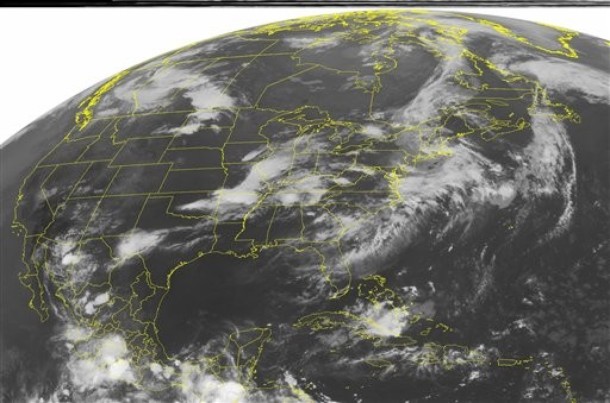
Stephen Walt points to what he sees as the five big questions confronting international politics. The fifth question concerns whether the era of American primacy is over. Walt thinks that the U.S. will remain the most powerful state internationally but that it will face new constraints from rising powers:
To succeed, therefore, U.S. diplomacy and grand strategy will have to be more nuanced, attentive, and flexible than it was in the earlier era of clear U.S. dominance (and a rigidly bipolar global order). We'll have to cut deals where we used to dictate, and be more attentive to other states' interests. The bad news is that nuance and flexibility are not exactly America's long suit. We like black-and-white, good vs. evil crusades, and our leaders love to tell the rest of the world what to do and how and when to do it. Even worse, our political system encourages xenophobic posturing, know-nothing demonizing, and relentless threat-inflation, all combined with a can-do attitude that assumes Americans can solve almost any problem and have to play the leading role in addressing almost anything that comes up. It is also a system that seems incapable of acknowledging mistakes and admitting that sometimes we really don't know best. Leaders like Bush and Obama sometimes talk about the need for humility and restraint, but they don't actually deliver it. So for me, a big question is whether the United States can learn how to deal with a slightly more even distribution of power, a somewhat larger set of consequential actors, and a rather messier global order. It's hard to be confident, but I'm open to being pleasantly surprised.
I wonder how unique this is to America's political system, but be that as it may I think Walt is right that the U.S. is going to have to do a few course-corrections as power shifts. Even if Obama's rhetoric has keyed in on the U.S.-China relationship, I still think Niall Ferguson is right that the U.S. is far too distracted with the Middle East. When I'm in a charitable mood, I think you could interpret the Obama administration's early foreign policy moves as efforts to get some of the nagging problems confronting the U.S. in the Middle East behind him, so he can focus on more important matters. Hence the continued draw down in Iraq, the surge in Afghanistan as a prelude to a draw down in 2011 and the frenzied (but failing) efforts to bring the Israel/Palestinian issue to some kind of settlement. But none of these efforts will really allow the U.S. to disengage from the region absent a kind of over-arching argument about why meddling around in the Middle East is fundamentally counter-productive to U.S. interests in a world where Asian powers are ascendant.
The other issue that hangs over U.S. grand strategy is more fundamental: what are we trying to accomplish? During the Cold War there was at least a baseline answer that most policymakers could agree with: contain the Soviet Union's global influence. There were numerous, heated debates about just how to do it, but multiple administrations signed onto the basic paradigm. But what's the plan now? Entrench American dominance? Spread democracy? Protect and expand America's access to economic markets? Combat global warming? Create a new world order? Contain China? Fix failed states? All of the above?
I don't think the current international environment calls for a crusading mission (nor would America's budget support it) and part of me thinks an ad-hoc approach might just be best. Washington, after all, could get the new paradigm wrong and in such an event, a determined push in a specific direction could be a disaster.
(AP Photo)



